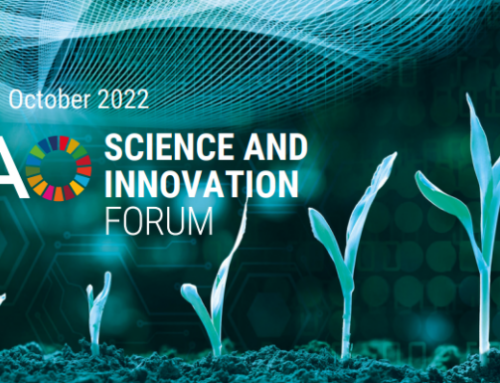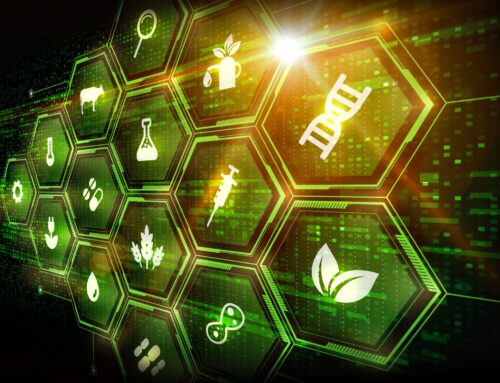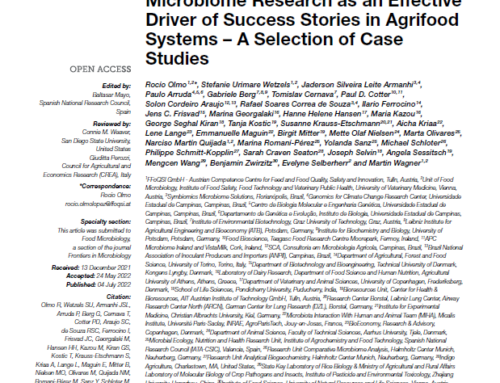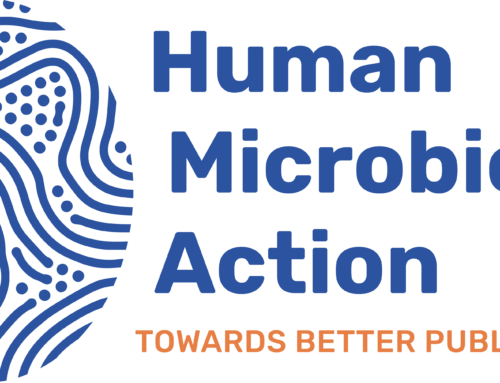Health, biodiversity, sustainable food and agriculture, circular economy – how can microbiome innovations help to solve grand societal challenges?
Microbiomes, determine virtually every living system on Earth, impacting the quality of soils, water, air, plants, food, feed, animal and human health, and climate. Scientists are striving for discoveries in microbiology and microbial systems around the globe. Many exciting microbiome-related innovations can be expected with significant contributions to produce more healthy, environmentally friendly and sustainable foods, improve plant production through microbial biocontrol against plant diseases, manage animal health for the better or develop waste degradation systems reducing impacts on the climate by reusing and recycling materials and energy. As such, microbiomes need to be understood as small little things that run the Earth – and the circular economies, top-notch on the EU agenda.
An online workshop, “Health and economic benefits of microbiomes”, jointly organized by the European Parliament`s STOA panel (Panel for the Future of Science and Technology) and MicrobiomeSupport partners, will be held on 11th May 2021, 14:00-16:30h.
Top European researchers, most of which collaborate in the MicrobiomeSupport project, will present state-of-the-art microbiome research in human and animal health, antibiotic resistance, environmental sustainability, and circular economy. Policy advisors to EFSA and OECD will inform about the safety and regulatory pathways of microbiome innovations. The workshop is chaired by Irene Verheijen, European Association for Food Law (EFLA). The Chair and Members of the STOA panel, and the European Parliament’s Vice President invite to an open discussion. Both scientific and regulatory works may inform not only human and animal health concepts but also circular economy strategies and action plans on a European and national level in the future.
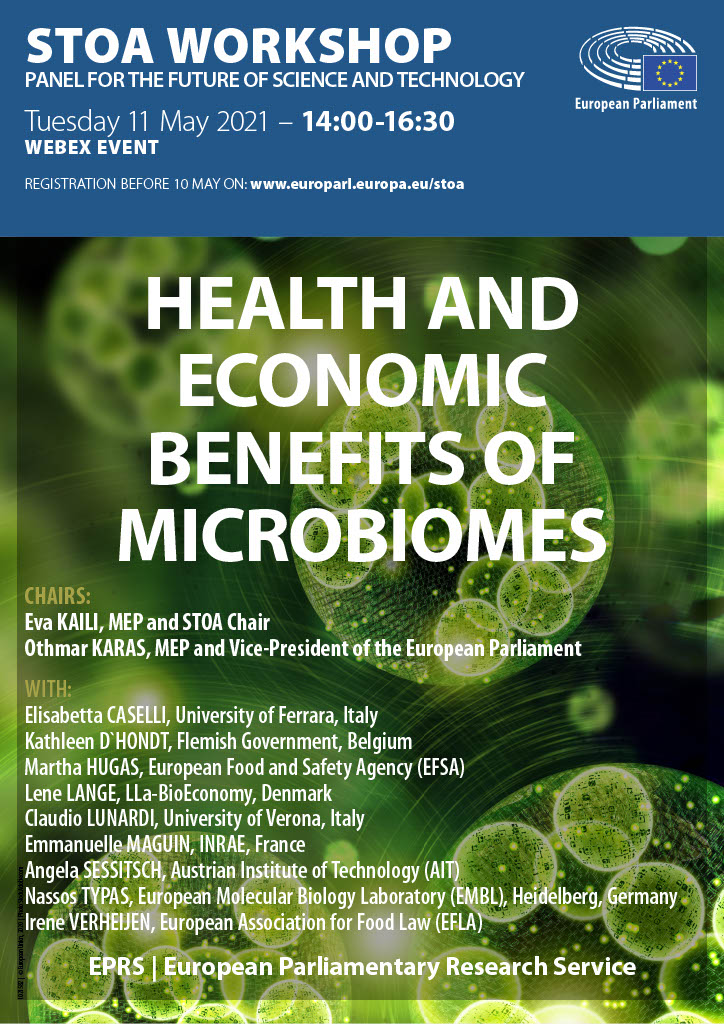
Invited to participate are policy makers & implementers, regulatory decision makers, public health officials and food system actors as a whole.
To register for the event and access the full programme, click here.

